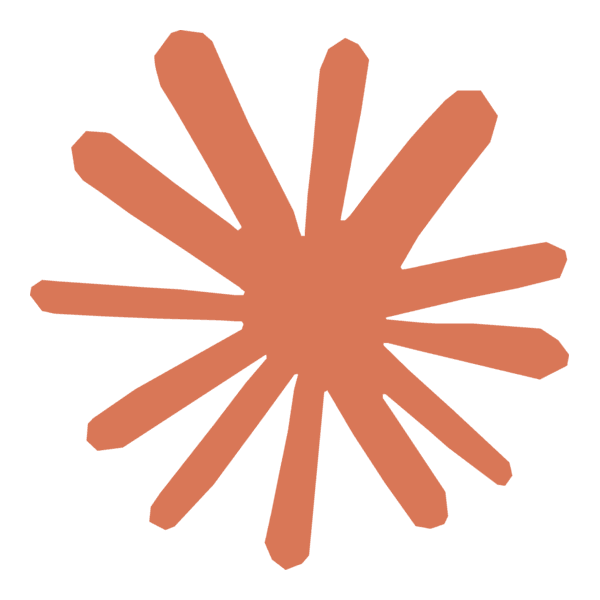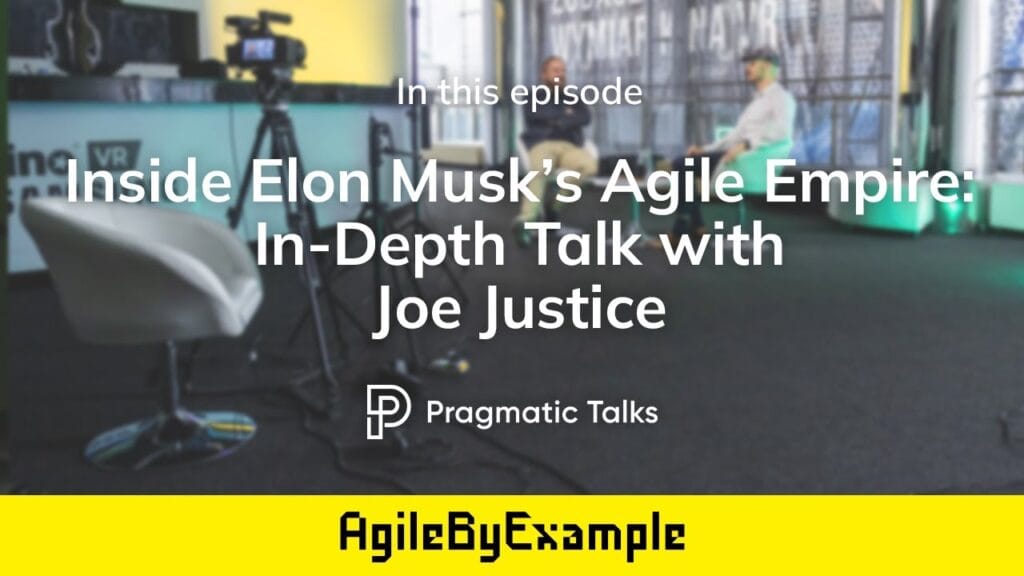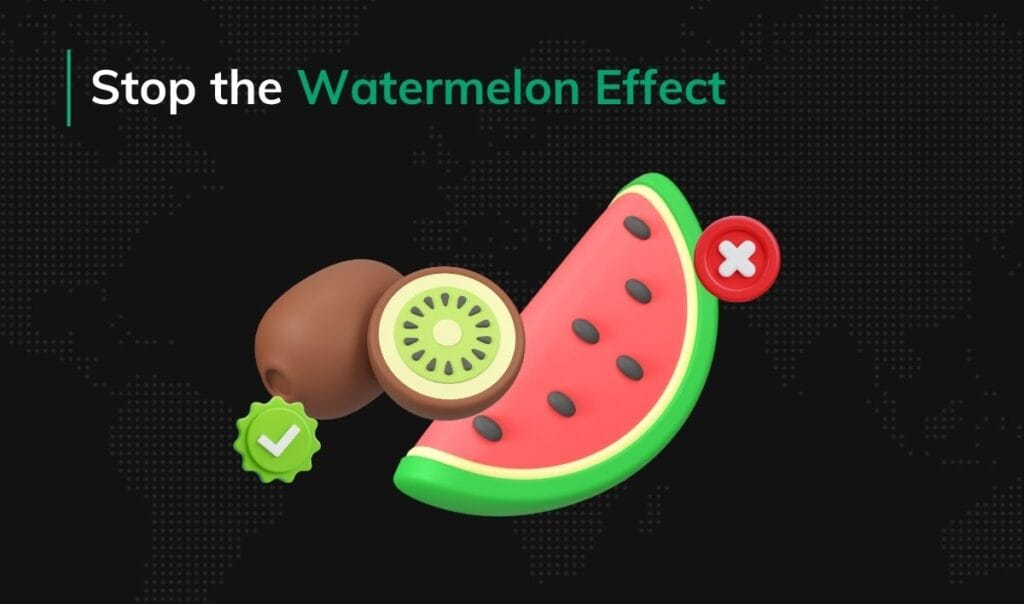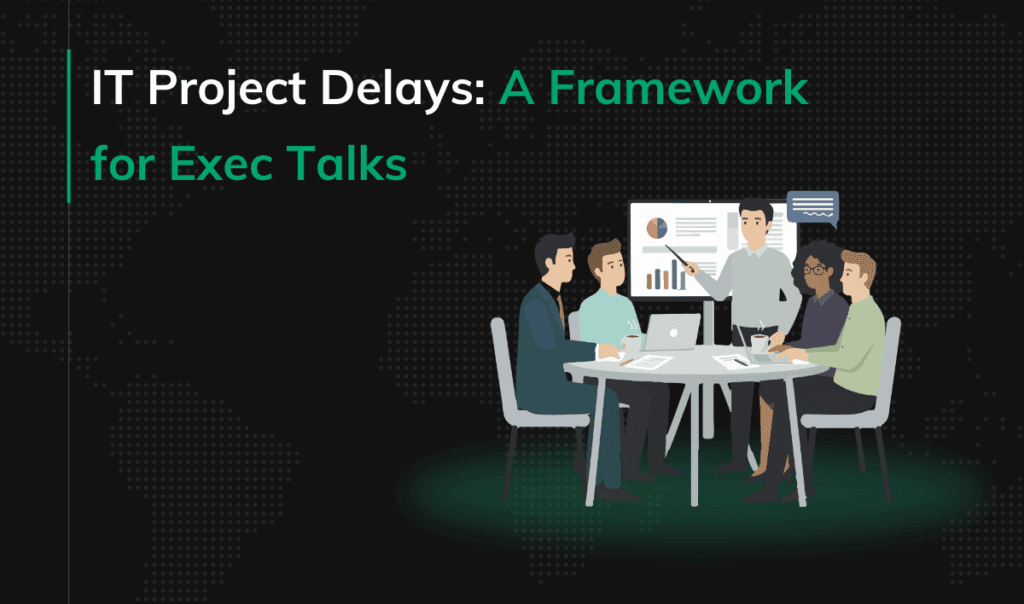How to create a successful crypto, blockchain product?
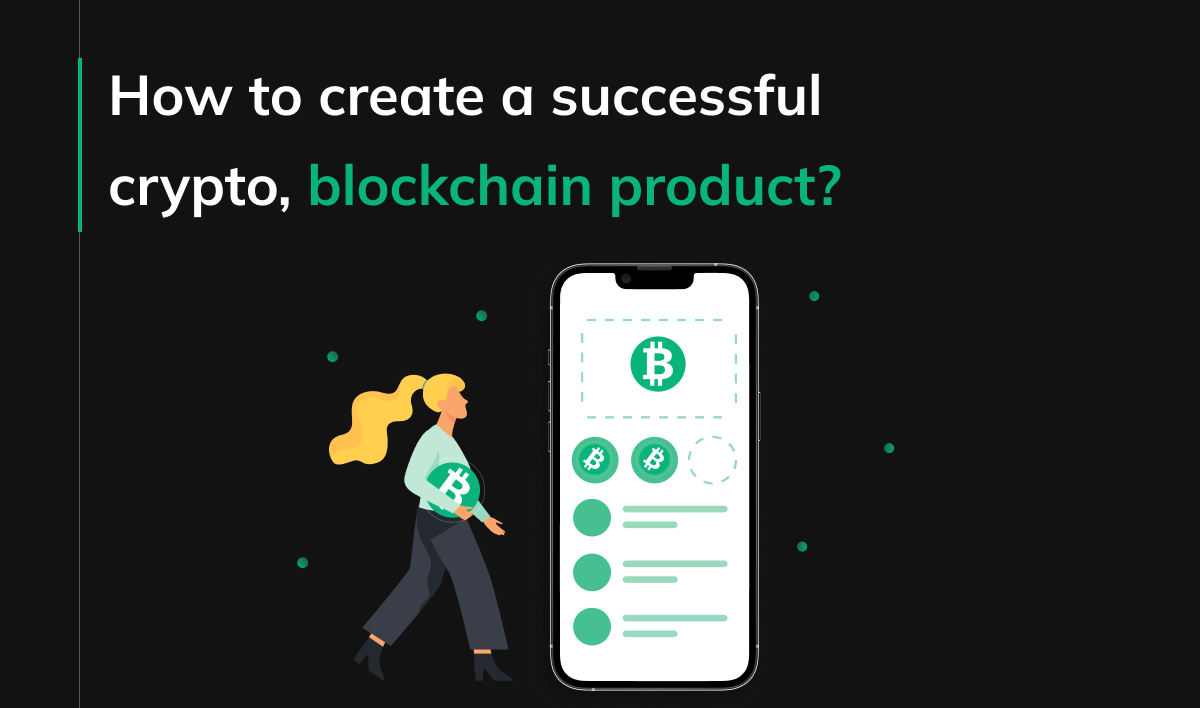
Blockchain is a disruptive trend in the software development industry. It creates plenty of new opportunities for entrepreneurial individuals seeking their fortunes. However, the early stage of the still-new market creates a lot of misunderstandings, misconceptions, and obstacles you need to consider before deciding to allocate your time and resources. In this article, we will try to guide you on what you need to create your first (maybe second), a successful, blockchain product.
Define clear idea and product concept
This is the most important part of any business. If you don’t know what you’re doing – there’s a jungle out there. Before starting any development activities you should first answer the questions from the checklist:
1) Does your product niche align with the current market trends?
This is very important if you plan fundraising and user acquisition. Your future product will have a much easier way up with a trend’s backwinds. The history of startups has seen many projects misaligned or lacking the correct market timing. This might sound strange but sometimes it is better to build a fork or localize already existing products rather than creating something complex and totally new.
2) What problem does the product solve? (how will the users benefit from it?)
It is crucial not only in the blockchain industry. There are far too many startups creating products with no actual use cases. Usability and market timing are crucial for your success.
3) What is the product potential? (market size, audience size, future demand)
Blockchain is still a very new industry. It is sometimes hard to find hard data to analyze. But there are still legacy markets you could analyze to estimate the potential market size.
4) Who are the market competitors? (please consider competitors also from other blockchains)
Every market is competitive – there is nothing to worry about. If your product is delivering value to customers – you’d probably gain some traction. However, you should avoid markets that are already saturated by strong competitors for years.
5) Who are the legacy market competitors? (please consider competitors outside blockchain)
This is more tricky. Despite the new players, venture capital there are also some non-blockchain organizations that are entering the blockchain right now (like Banks, Insurance, Logistics companies).
Define business goals, KPIs, product launch strategy
Every product has to generate sustainable revenue to grow. Startups usually can easily generate initial capital through crowdfunding, venture capital investments or ICO’s (initial coin offerings). Despite that monetization of the products is the #1 thing to survive in the long term, there are a lot of bad startup examples who thought they could afford to offer free services forever. In this section you should answer the following:
1) How will my product generate revenue? (commissions from transactions, access fees, subscription fees)
2) What size of revenue will I need to scale or iterate the product? (what budget do I need for marketing, integrations, new features, listings, etc.)
3) Leverage for growth – is there any growth hack I can use to acquire more users? (market events, competitor’s failure, new blockchain launch…)
4) Potential risks to overcome (high costs of marketing, crypto market downturn, network congestion)
Find world-class blockchain product developers
When creating standard software products (SaaS, mobile app) you will certainly find many software development services vendors that will provide you with skills (eg: C#, C++, Python, Golang, Rust, and JavaScript). Creating a blockchain-based product, you will also need knowledge of cryptography, blockchain architectures, solidity smart contracts, and very often cryptocurrencies. Well – these aren’t quite popular skills right now – so it requires more time to source the right software development vendor. If you’re are not IT professional please follow the below checklist:
1) Experience
Look for blockchain developers that have years of experience with the technology and many completed projects to show off. Don’t believe in miracles. Solid portfolios, case studies, customer references are the only things you should look for.
2) 360-degree approach
Opt for a company that delivers complete, comprehensive, end-to-end custom software products. In other words, you need to have partners that will help you with product strategy, product development, and future iterations. It is also beneficial if your partner has expertise in web, mobile, cloud applications.
3) Dedicated and comprehensive Product Development Team
This is what makes the difference and fastens all product launches. Your blockchain vendor team should contain multidisciplinary professionals focused only on your product. This empowers the product vision, creates better understanding, and helps to bring MVP in less than 3 months.
Please try to avoid cheap companies promising everything. Every IT project is a risk. You must pay a premium to achieve good quality. Successful Programmers might cost a lot – but they are definitely worth it.
4) Business-oriented approach
A true product development partner should be business-oriented and hungry to achieve success with every product they create. But this is not always the case. There are many software development vendors that are focused only on large, long-lasting, high-margin projects. They will be interested in making the project the biggest they can.
True partners will offer you a different, more agile approach to save your time and resources. They will prepare an MVP version of your product and test it on the market to find out from real users which way to develop it.
For blockchain-based products, a business-oriented partner will advise you to use ready-to-use blockchain solutions instead of developing them from scratch. For example, at Pragmatic Coders, we use the open-source code of Ethereum or Binance Smart Chain. This approach saves time and delivers business value to you as quickly as possible.
Finding successful blockchain developers & product team
First of all, you should always look for first-hand referrals from people you know. If this is not an option we recommend doing market research eg: SkillValue company presents an annual ranking of top developers by country. It is not a surprise that as many as 5 countries from Eastern Europe made it into the top 10. These are Poland, Slovakia, Hungary, Ukraine, and the Czech Republic. In these countries, the stakes are still lower than, for example, in the United States, UK, France, or Germany, and they are known for having well-qualified IT professionals.
If you’re considering between several companies, it’s a good idea to see what clients they’ve had and go to them to ask if they recommend a particular provider. It’s also worth checking out the reviews on Google or Clutch


